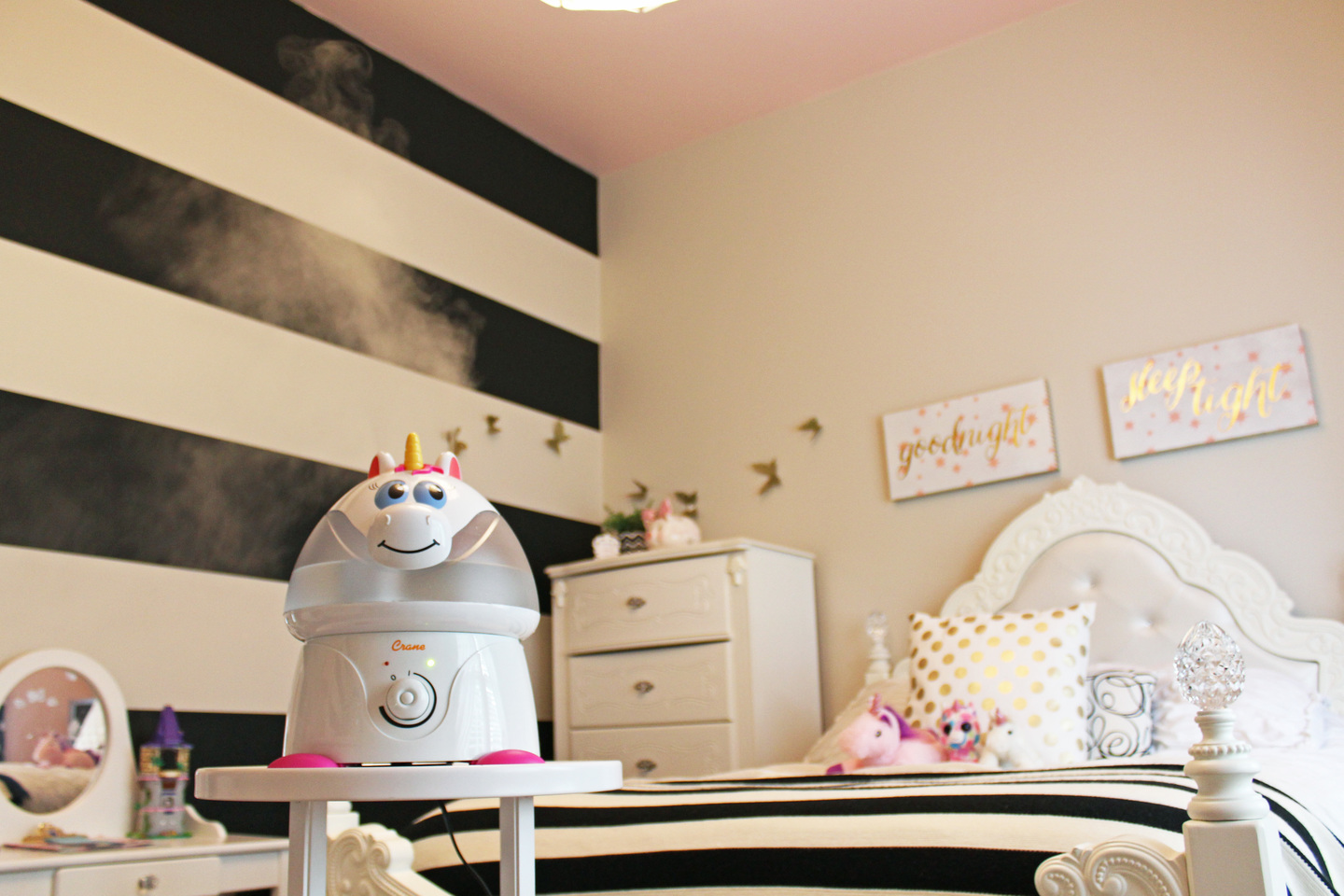A Breastfeeding Tip You Can Really Latch Onto
Good morning! You have breakfast plans, reservation 2, maybe 3 if you have twins and the special is breast milk. It’s the morning routine that many mothers in the United States share and several of those mothers express frustration over getting their baby to latch on or sore and cracked nipples. There’s one trick that will help make all of that easier, using a humidifier.
Since babies are obligate nasal breathers, meaning they breathe through their nose for the first 4-6 months, it is sometimes difficult for them to have their mouth full and be able to breathe too. Imagine sucking through a straw for your meals with a stuffy nose- pretty difficult. Using a humidifier in your baby’s nursery will add moisture to the air helping to clear their nostrils making it easier for them to breathe, which will make latching on and feeding much easier. Beyond breastfeeding, newborns and new parents will enjoy a better night’s sleep with a humidifier since humidity helps everyone to breathe a little easier encouraging a more restful sleep for baby and parents.
Humidifiers are also great for babies’ and adults’ skin. Newborns lose moisture in their skin twice as fast as we do. Running a humidifier provides the necessary relief to keep their skin soft, hair hydrated and lips from becoming cracked. For a breastfeeding mother, humidifiers can help to keep their skin and nipples soft and help reduce soreness and help keep them from cracking making the breastfeeding experience less painful for mommy.

Pediatricians do not encourage over-the-counter drugs for children under the age of 6 so humidifiers are great natural remedies to fight illnesses like croup, colds and the flu. Croup is a viral infection that affects mostly younger children (under ages 5-6). It causes swelling in the child’s vocal cords, which is what causes the barky cough. The vocal cords are already the narrowest part of the air passages, and any swelling from infection may narrow the airway enough to obstruct breathing. Croup usually lasts 5-6 days and is worse at night. The symptoms tend to peak on the second or third night. Croup may begin without warning when a child suddenly sits up in bed with a barking cough or it may begin as a cold that gradually escalates into a croupy cough. Humidifiers help to reduce the swelling and provide relief for the cough. Cold and flu viruses travel faster in dry air. The moisture added by humidifiers help to stop these viruses helping to keep you and your family cold and flu free.
